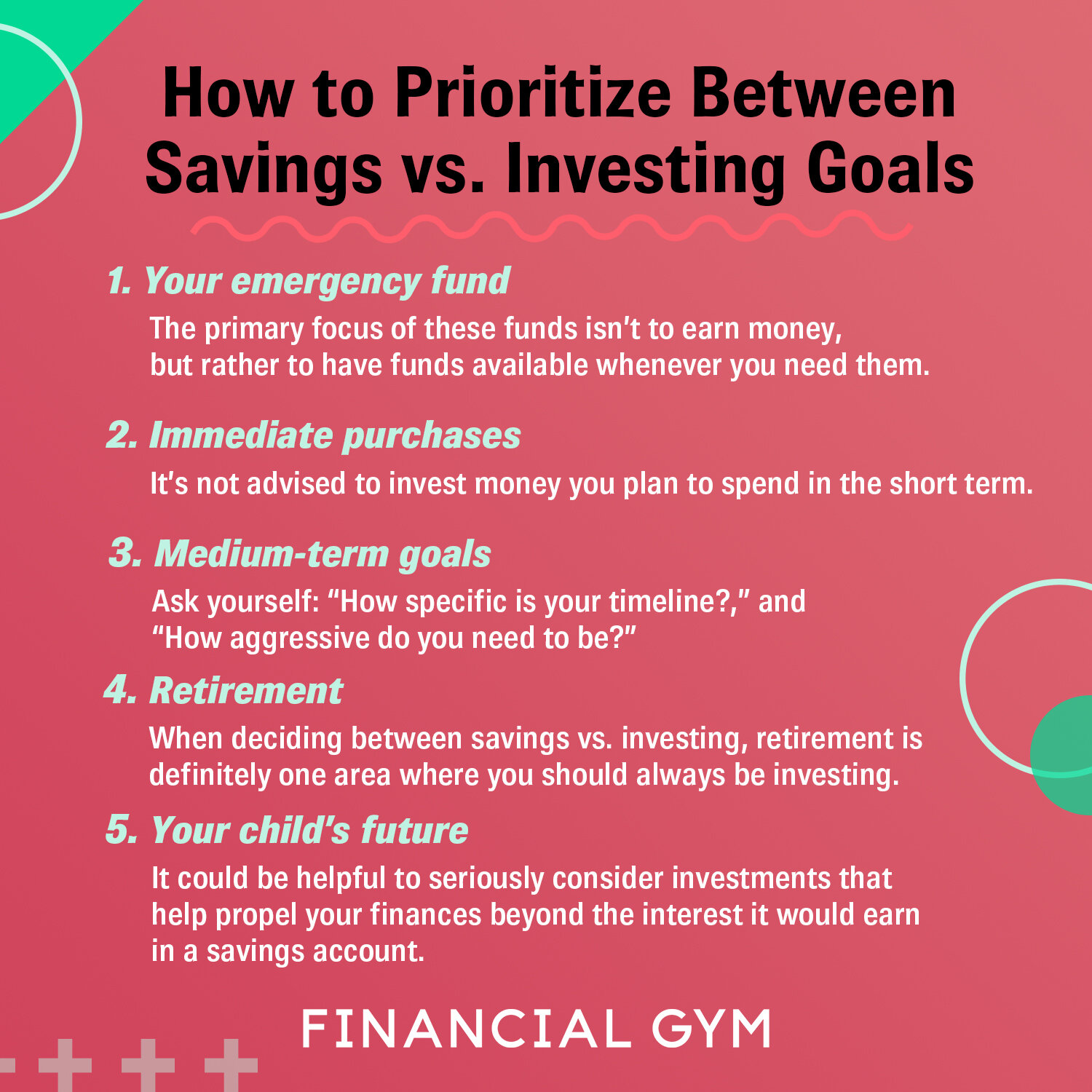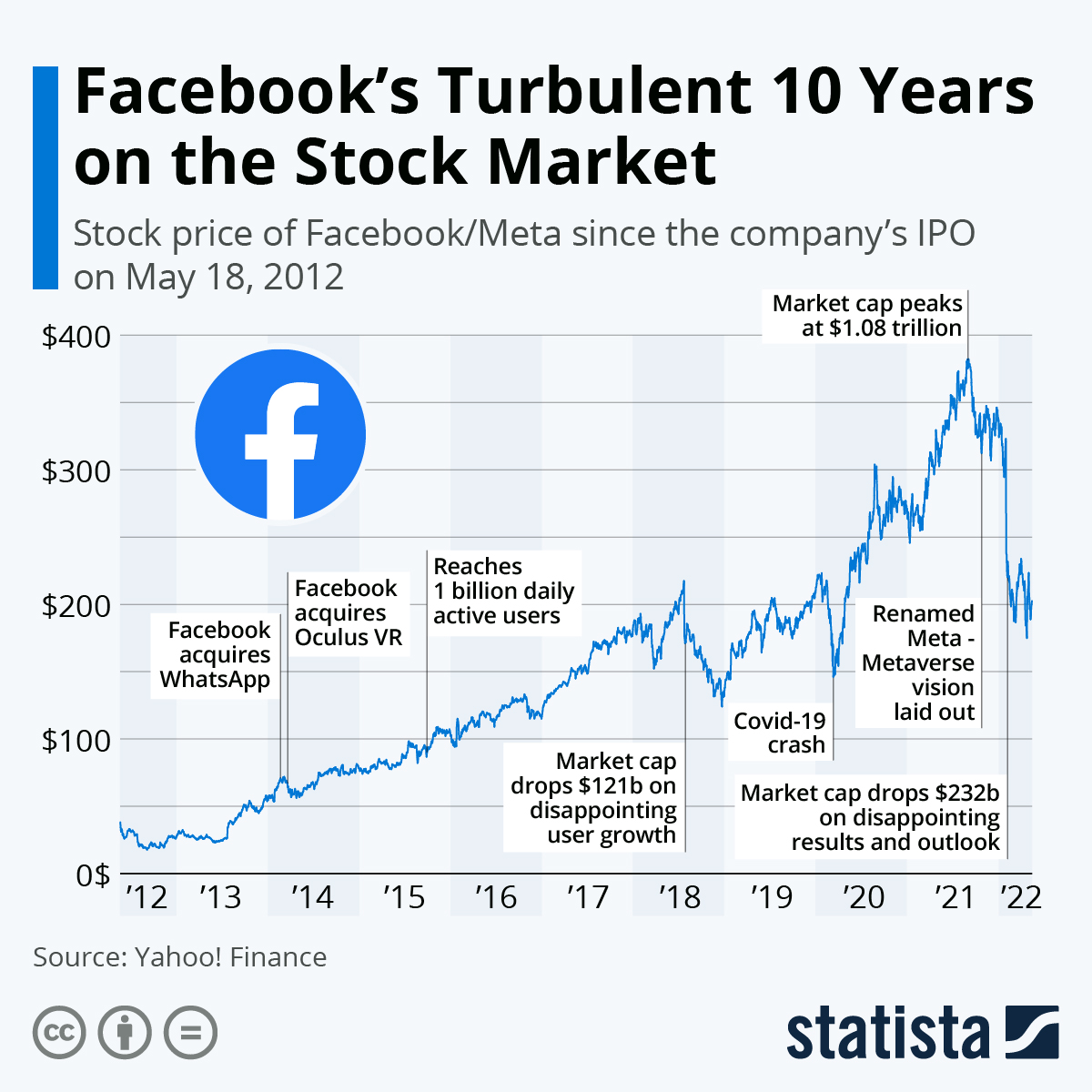
Many traders trade on the financial exchanges. You can choose a style depending on your experience and goals. There are some common traits that distinguish different trading styles. You will increase your chances to earn a steady profit by selecting the right strategy.
Day trader is someone who works during the day and executes a few trades. Day traders can focus on quick, low-risk trading decisions. They may also close positions by the time the day ends. This is the best style for people who are interested in learning about the market and long-term trends but don't have time or the knowledge to go into the specifics of an asset or company.
Even if you don’t want to invest your time and patience in a longer-term strategy you can still make money in the markets. Many traders use the arbitrage trading style to gain profits by purchasing and selling the same security in multiple markets. Arbitrage brokers are often experts in a market and can make money on price errors or imbalances.

Day traders also love scaling. Scalping refers to the act of buying and selling stock within a very short time period, sometimes in seconds or minutes. This is an aggressive style and requires a lot more focus and discipline from the trader. A scalper must be willing, not only to trade more leverage but also to do so in a shorter amount of time.
Desk traders tend not to be as aggressive as scalp and day traders. Instead they are focused on making timely decisions based primarily on financial data and stock market fluctuations. They may specialize in the market for bonds, foreign exchange, or options. You should consider the strategies of desk traders before making any investment in the market.
Although similar to desk trading, swing traders focus more on long-term trends or inflection points. This type of trading is for active investors who have limited trading time. Swing traders tend to have smaller positions, use less leverage and are more focused.
Fundamental traders are more interested in the value of a company. While fundamental analysis can bring a greater profit per trade than day trading, it also increases the risk of the trader losing their investment. Fundamental traders, on the other hand, must conduct more research and purchase and sell at a slower speed than day traders.

Trading is often divided into three groups according to the time they execute their trades. These are the swing traders and day traders. When choosing a trading strategy, you should also consider your goals and risk tolerance. Every trading style is different and will require different financial knowledge.
Day traders are fundamental traders, scalpers, and day traders are the most commonly used types of trader. The more aggressive a trader, the more trades they will do.
FAQ
How can people lose their money in the stock exchange?
Stock market is not a place to make money buying high and selling low. It's a place where you lose money by buying high and selling low.
Stock market is a place for those who are willing and able to take risks. They may buy stocks at lower prices than they actually are and sell them at higher levels.
They believe they will gain from the market's volatility. They might lose everything if they don’t pay attention.
What is a Stock Exchange exactly?
A stock exchange is where companies go to sell shares of their company. This allows investors the opportunity to invest in the company. The market decides the share price. It is typically determined by the willingness of people to pay for the shares.
Companies can also get money from investors via the stock exchange. Investors are willing to invest capital in order for companies to grow. Investors purchase shares in the company. Companies use their funds to fund projects and expand their business.
Stock exchanges can offer many types of shares. Some of these shares are called ordinary shares. These shares are the most widely traded. Ordinary shares are bought and sold in the open market. Prices for shares are determined by supply/demand.
There are also preferred shares and debt securities. Preferred shares are given priority over other shares when dividends are paid. If a company issues bonds, they must repay them.
How are shares prices determined?
Investors decide the share price. They are looking to return their investment. They want to make profits from the company. They purchase shares at a specific price. Investors will earn more if the share prices rise. The investor loses money if the share prices fall.
An investor's main goal is to make the most money possible. This is why they invest into companies. This allows them to make a lot of money.
Statistics
- US resident who opens a new IBKR Pro individual or joint account receives a 0.25% rate reduction on margin loans. (nerdwallet.com)
- The S&P 500 has grown about 10.5% per year since its establishment in the 1920s. (investopedia.com)
- For instance, an individual or entity that owns 100,000 shares of a company with one million outstanding shares would have a 10% ownership stake. (investopedia.com)
- Individuals with very limited financial experience are either terrified by horror stories of average investors losing 50% of their portfolio value or are beguiled by "hot tips" that bear the promise of huge rewards but seldom pay off. (investopedia.com)
External Links
How To
How to Open a Trading Account
The first step is to open a brokerage account. There are many brokerage firms out there that offer different services. There are some that charge fees, while others don't. The most popular brokerages include Etrade, TD Ameritrade, Fidelity, Schwab, Scottrade, Interactive Brokers, etc.
Once you've opened your account, you need to decide which type of account you want to open. Choose one of the following options:
-
Individual Retirement Accounts (IRAs).
-
Roth Individual Retirement Accounts
-
401(k)s
-
403(b)s
-
SIMPLE IRAs
-
SEP IRAs
-
SIMPLE 401(k).
Each option comes with its own set of benefits. IRA accounts are more complicated than other options, but have more tax benefits. Roth IRAs are a way for investors to deduct their contributions from their taxable income. However they cannot be used as a source or funds for withdrawals. SIMPLE IRAs can be funded with employer matching funds. SEP IRAs work in the same way as SIMPLE IRAs. SIMPLE IRAs can be set up in minutes. They enable employees to contribute before taxes and allow employers to match their contributions.
Finally, determine how much capital you would like to invest. This is known as your initial deposit. A majority of brokers will offer you a range depending on the return you desire. Based on your desired return, you could receive between $5,000 and $10,000. The lower end represents a conservative approach while the higher end represents a risky strategy.
After you've decided which type of account you want you will need to choose how much money to invest. Each broker has minimum amounts that you must invest. These minimum amounts vary from broker-to-broker, so be sure to verify with each broker.
After deciding the type of account and the amount of money you want to invest, you must select a broker. Before you choose a broker, consider the following:
-
Fees-Ensure that fees are transparent and reasonable. Many brokers will try to hide fees by offering free trades or rebates. However, some brokers charge more for your first trade. Be wary of any broker who tries to trick you into paying extra fees.
-
Customer service - Look for customer service representatives who are knowledgeable about their products and can quickly answer questions.
-
Security - Choose a broker that provides security features such as multi-signature technology and two-factor authentication.
-
Mobile apps: Check to see whether the broker offers mobile applications that allow you access your portfolio via your smartphone.
-
Social media presence – Find out if your broker is active on social media. If they don’t, it may be time to move.
-
Technology - Does this broker use the most cutting-edge technology available? Is the trading platform simple to use? Are there any issues when using the platform?
Once you've selected a broker, you must sign up for an account. Some brokers offer free trials while others require you to pay a fee. After signing up, you'll need to confirm your email address, phone number, and password. Next, you'll need to confirm your email address, phone number, and password. You'll need to provide proof of identity to verify your identity.
After you have been verified, you will start receiving emails from your brokerage firm. You should carefully read the emails as they contain important information regarding your account. These emails will inform you about the assets that you can sell and which types of transactions you have available. You also learn the fees involved. Track any special promotions your broker sends. These may include contests or referral bonuses.
Next is opening an online account. Opening an account online is normally done via a third-party website, such as TradeStation. These websites are excellent resources for beginners. To open an account, you will typically need to give your full name and address. You may also need to include your phone number, email address, and telephone number. After all this information is submitted, an activation code will be sent to you. To log in to your account or complete the process, use this code.
You can now start investing once you have opened an account!